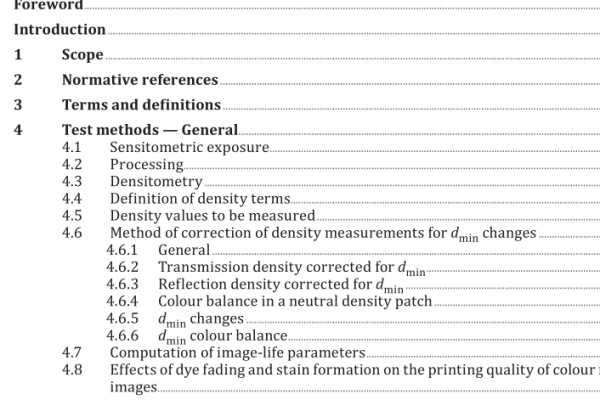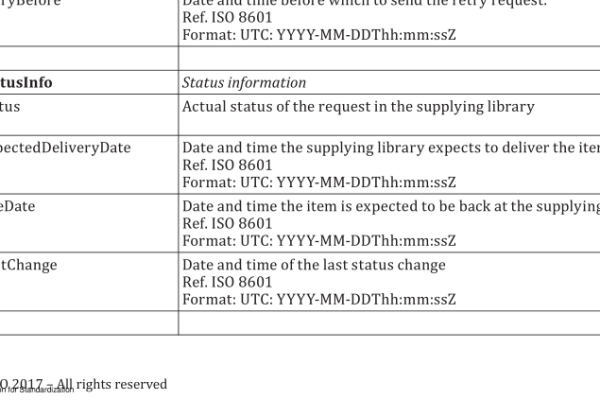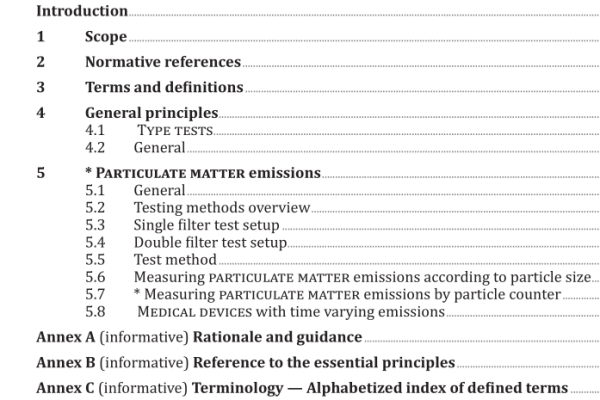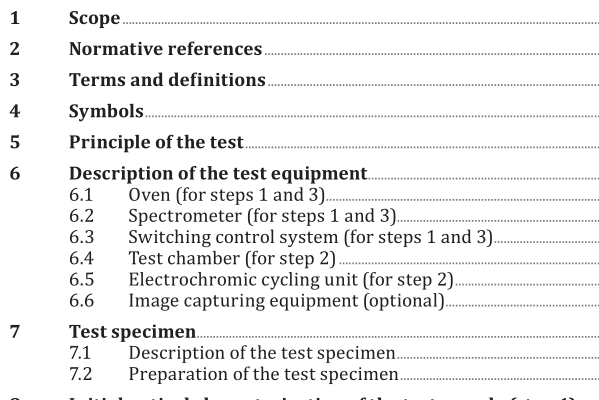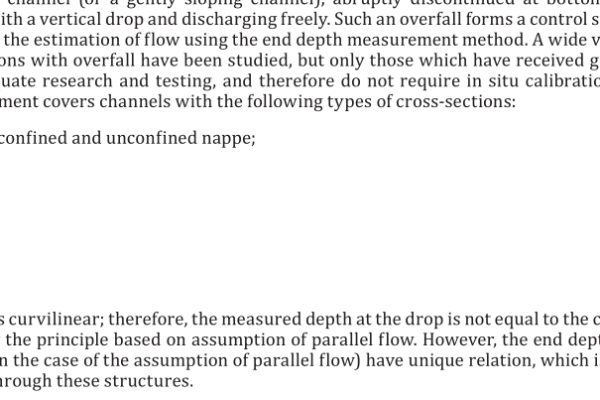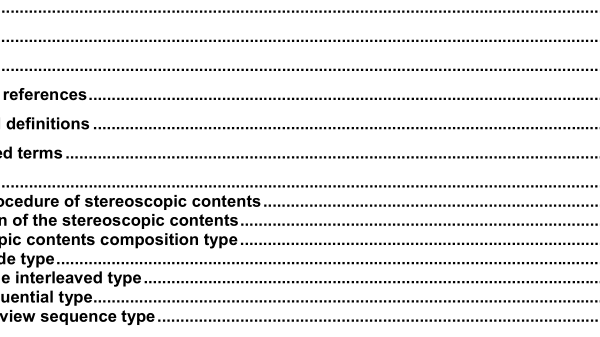ISO IEC 23000-11:2009 pdf download – Information technology — Multimedia application format (MPEG-A) — Part 11: Stereoscopic video application format.
1 Scope This part of ISO/IEC 23000 specifies a file format which is capable of storage, interchange, management, editing, and presentation of stereoscopic video contents based on the ISO base media file format. The file format provides the overall structure for storing stereoscopic video contents with the related stereoscopic information in mobile environments. 2 Normative references The following referenced documents are indispensable for the application of this document. For dated references, only the edition cited applies. For undated references, the latest edition of the referenced document (including any amendments) applies. ISO/IEC 10918-1:1994, Information technology — Digital compression and coding of continuous-tone still images: Requirements and guidelines ISO/IEC 14496-2, Information technology — Coding of audio-visual objects — Part 2: Visual ISO/IEC 14496-3, Information technology — Coding of audio-visual objects — Part 3: Audio ISO/IEC 14496-10, Information technology — Coding of audio-visual objects — Part 10: Advanced Video Coding ISO/IEC 14496-12, Information technology — Coding of audio-visual objects — Part 12: ISO base media file format ISO/IEC 14496-20, Information technology — Coding of audio-visual objects — Part 20: Lightweight Application Scene Representation (LASeR) and Simple Aggregation Format (SAF) ISO/IEC 15948:2004, Information technology — Computer graphics and image processing — Portable Network Graphics (PNG): Functional specification 3GPP TS 26.071, Mandatory speech CODEC speech processing functions; AMR speech Codec; General description TIA/EIA/IS-127, Enhanced Variable Rate Codec (EVRC)
3 Terms and definitions For the purposes of this document, the following terms and definitions apply. 3.1 baseline line between origins of the respective cameras 3.2 convergence distance distance between a convergence point and a midpoint of baseline 3.3 convergence point point at which two optical axes of left and right cameras intersect 3.4 disparity horizontal difference between corresponding points in stereoscopic view 3.5 focal length distance from a surface of a lens (optical center) or mirror to its focal point (image plane) 3.6 frame one of the many still images which compose the complete moving picture NOTE A frame contains an array of luma samples and two corresponding arrays of chroma samples. A frame consists of two fields: a top field and a bottom field. 3.7 lenticular array of magnifying lenses designed so that, when viewed from slightly different angles, different images are magnified NOTE A lenticular sheet is placed on a normal display panel to show two or more different views simply by changing the angle of light direction. It can make left and right views display on left and right eyes, respectively, creating a sense of depth. 3.8 max of disparity maximum disparity value within a stereoscopic fragment 3.9 monoscopic fragment set of successive samples which represents only monoscopic sequence
ISO IEC 23000-11:2009 pdf download – Information technology — Multimedia application format (MPEG-A) — Part 11: Stereoscopic video application format

